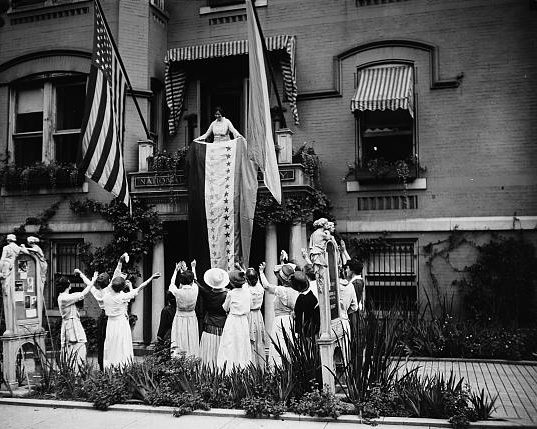All posts tagged "AlicePaul"
-


Women’s History
/ 11 months agoAlice Paul: A Beacon of Eunoia in the Fight for Equality
The year was 1913. A young American woman named Alice Paul stood before a crowd of thousands in Washington D.C., […]


